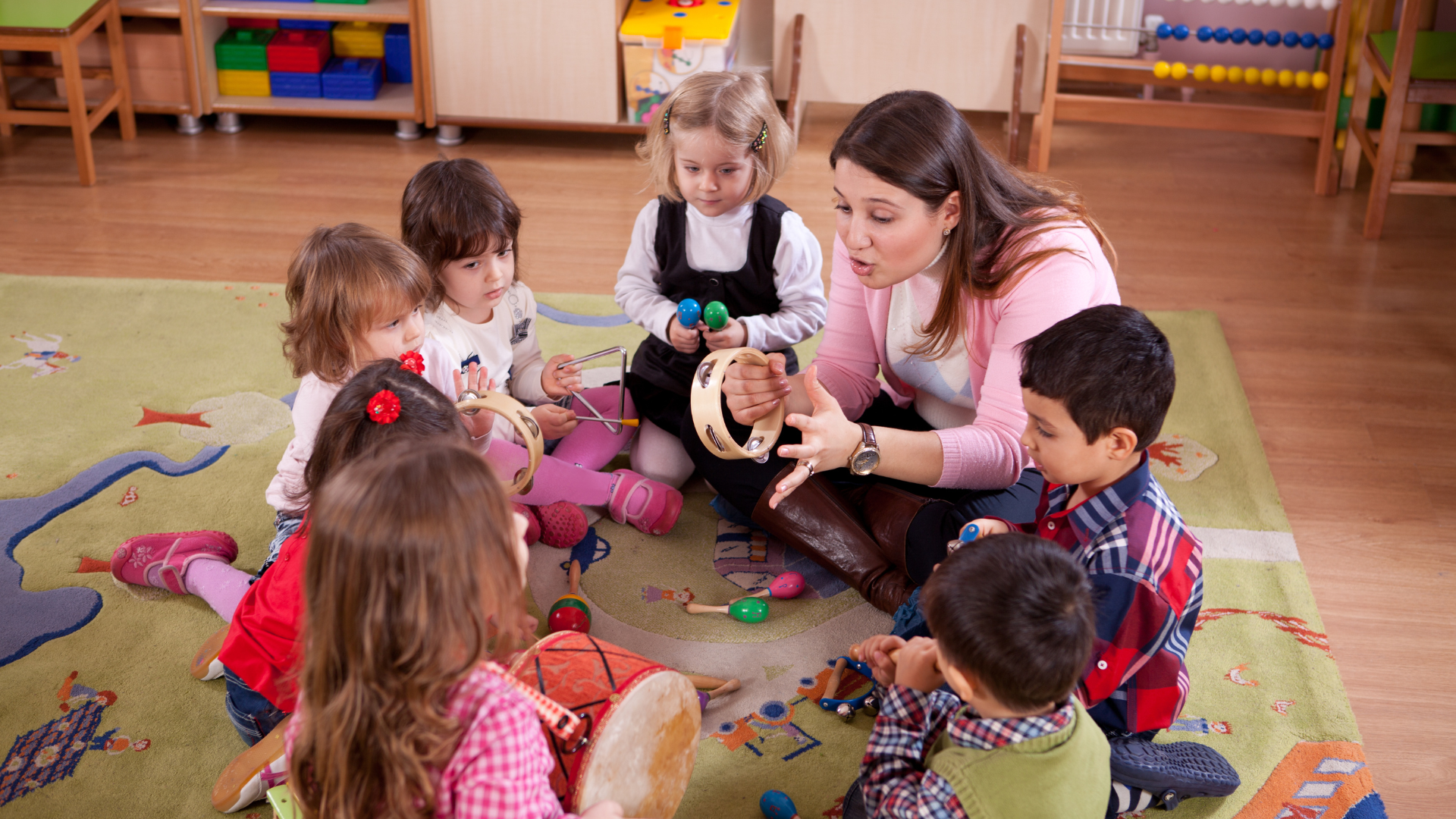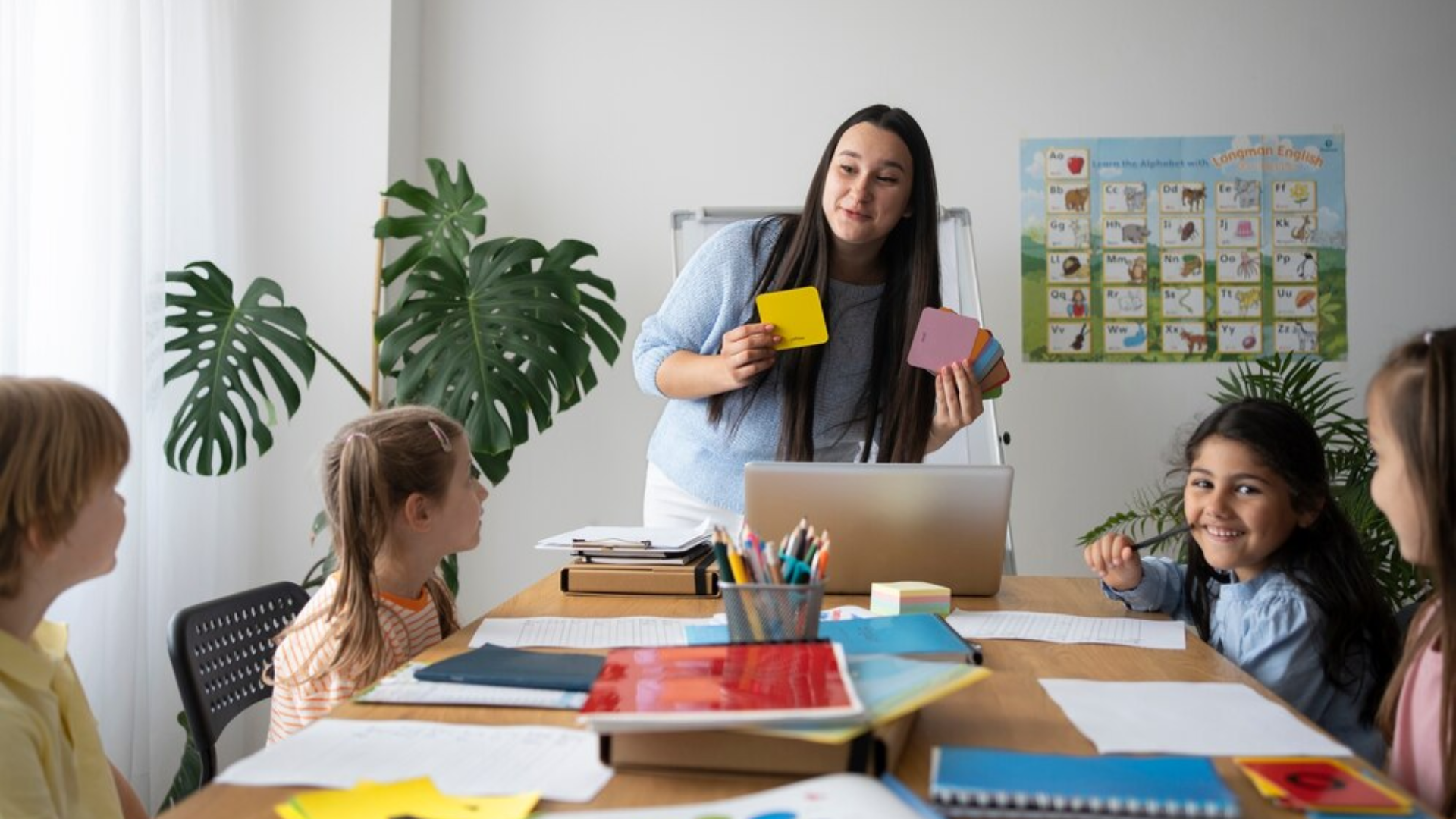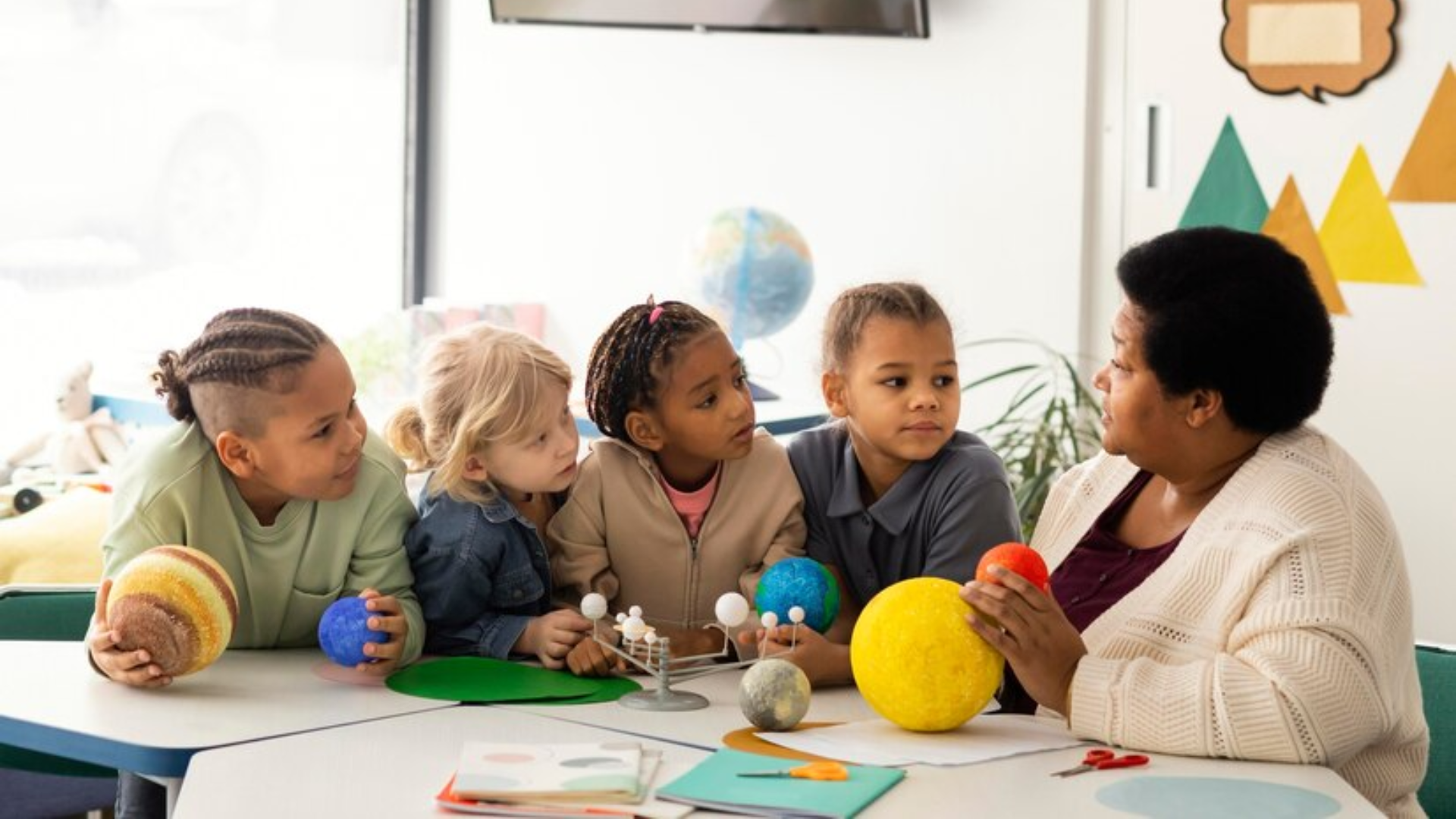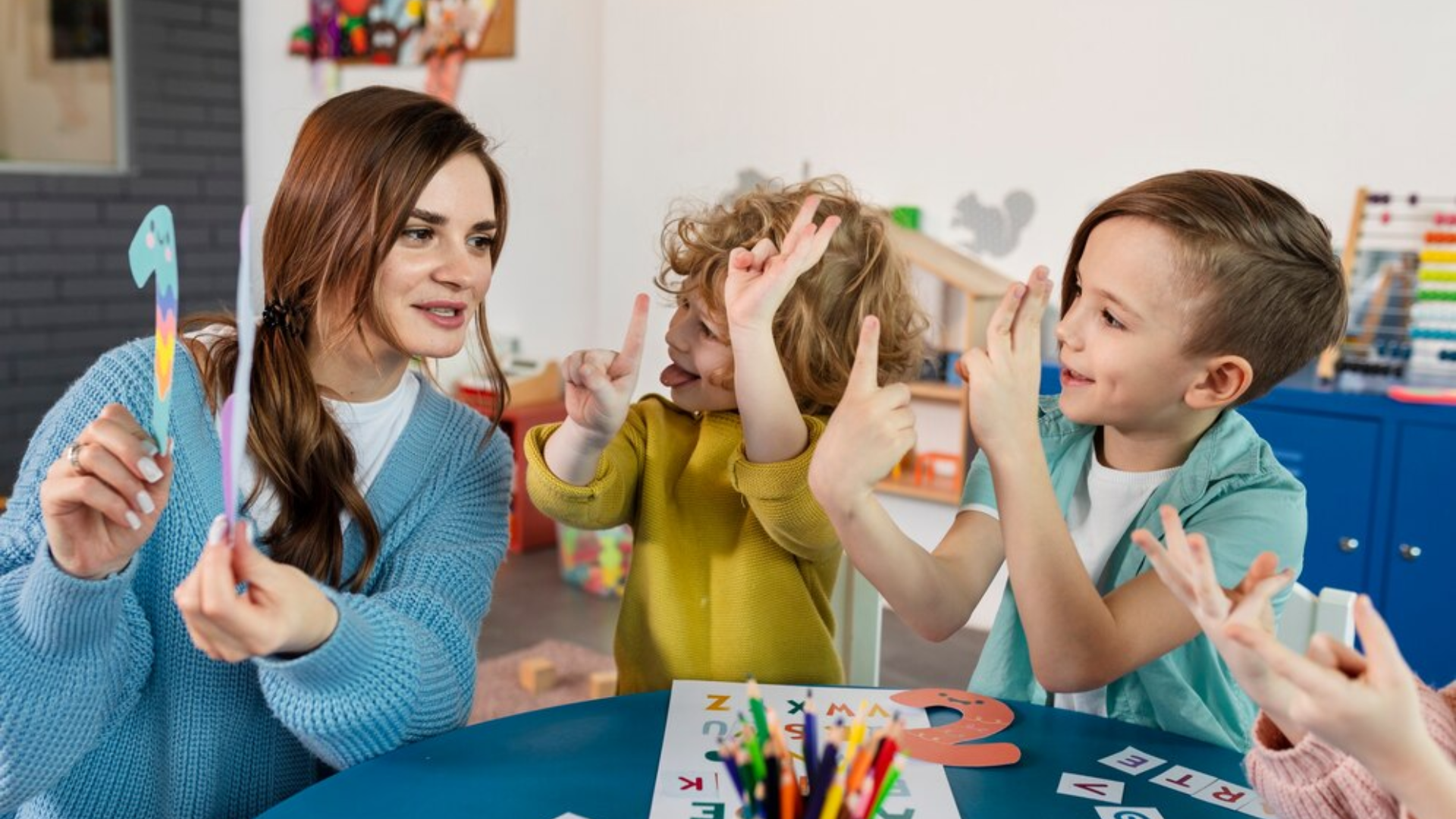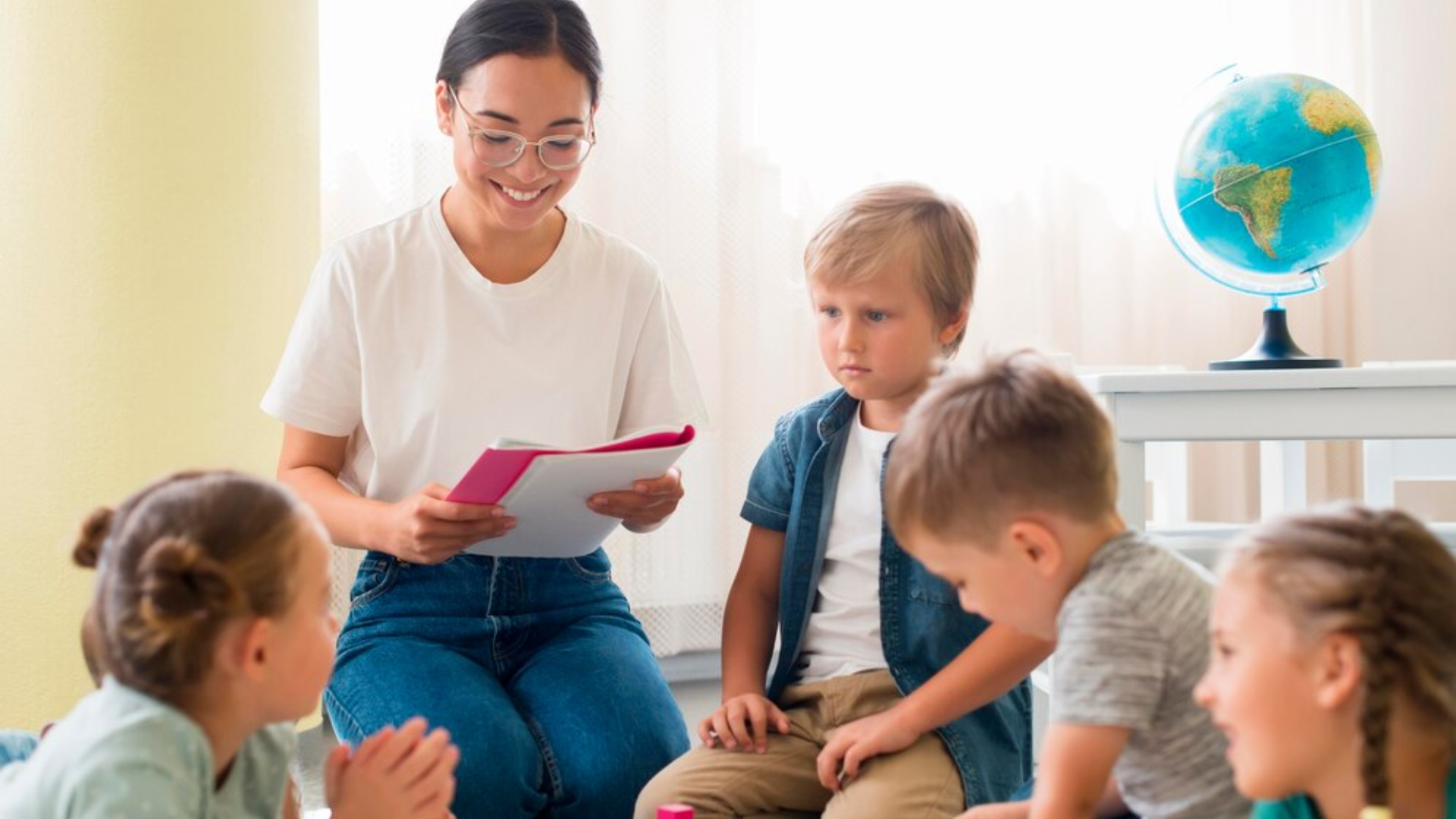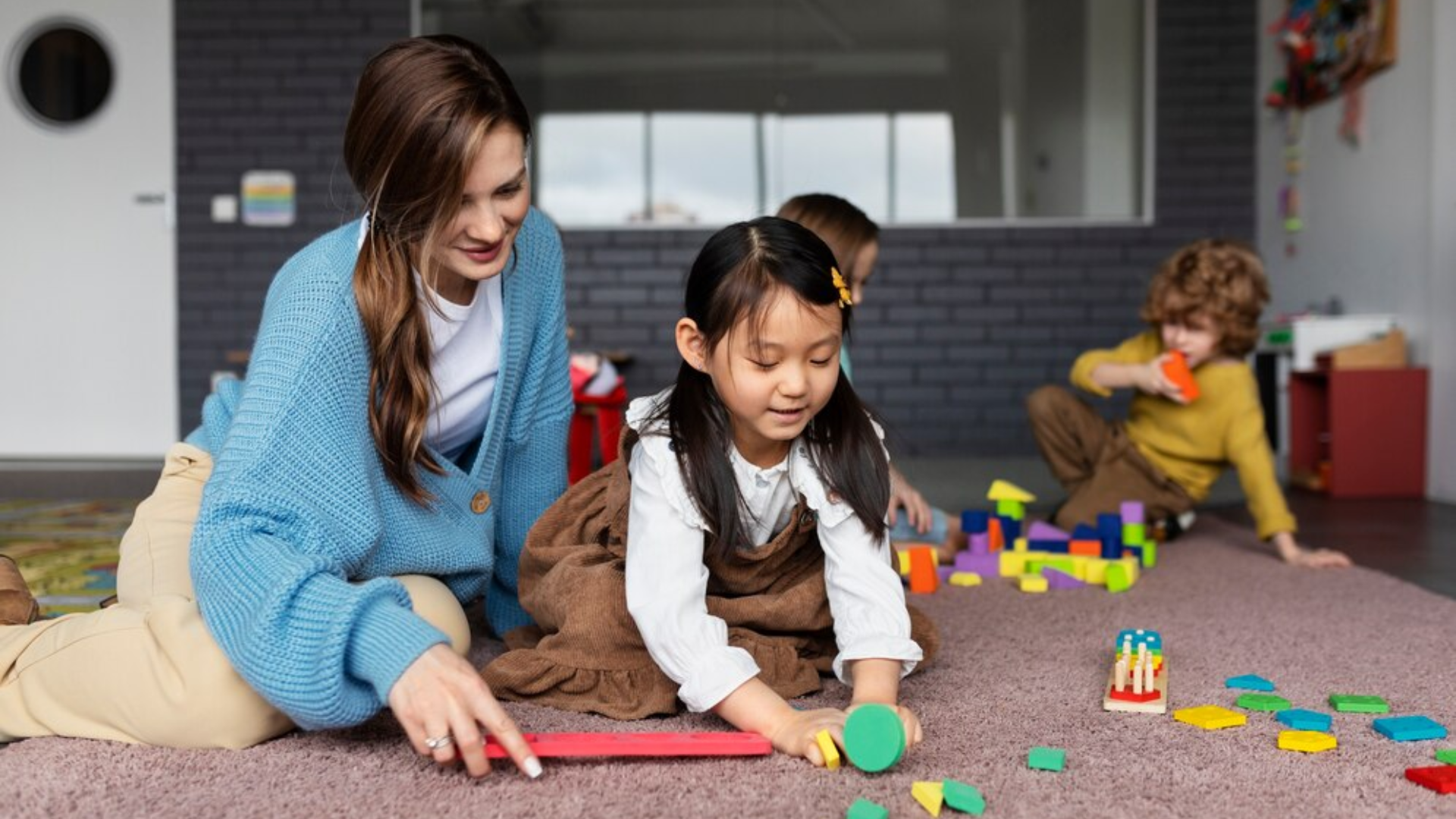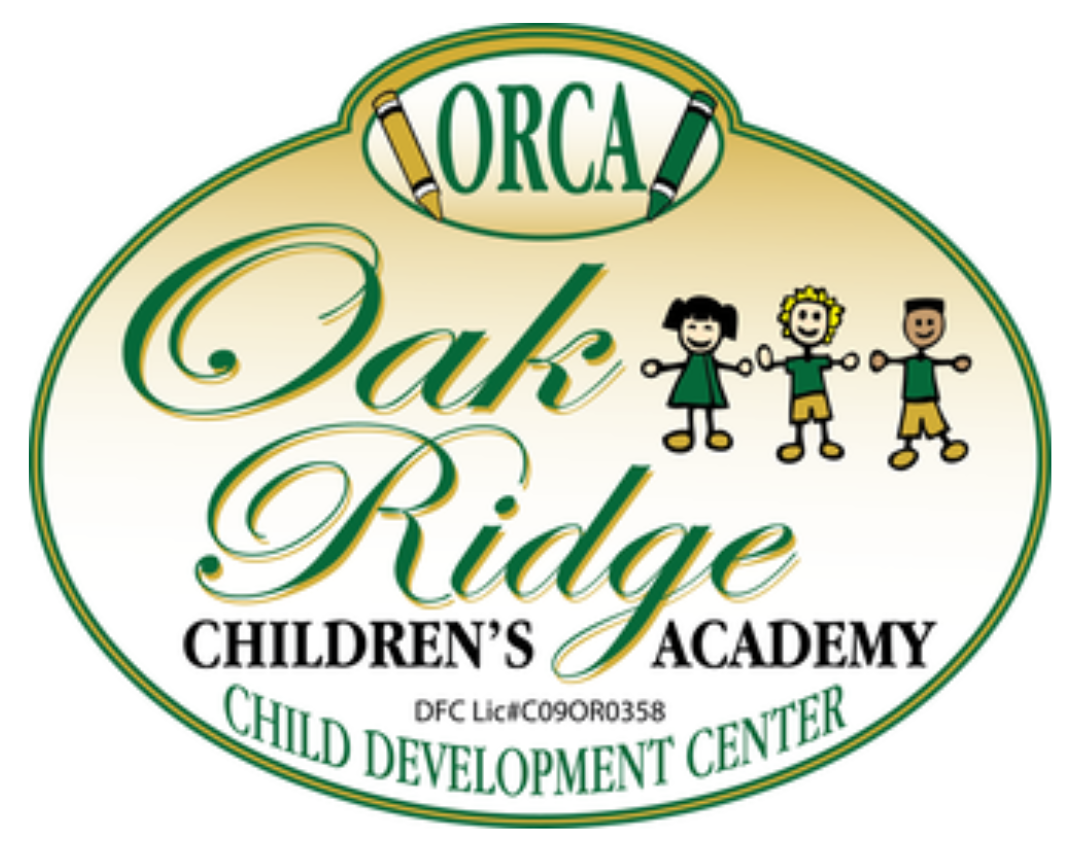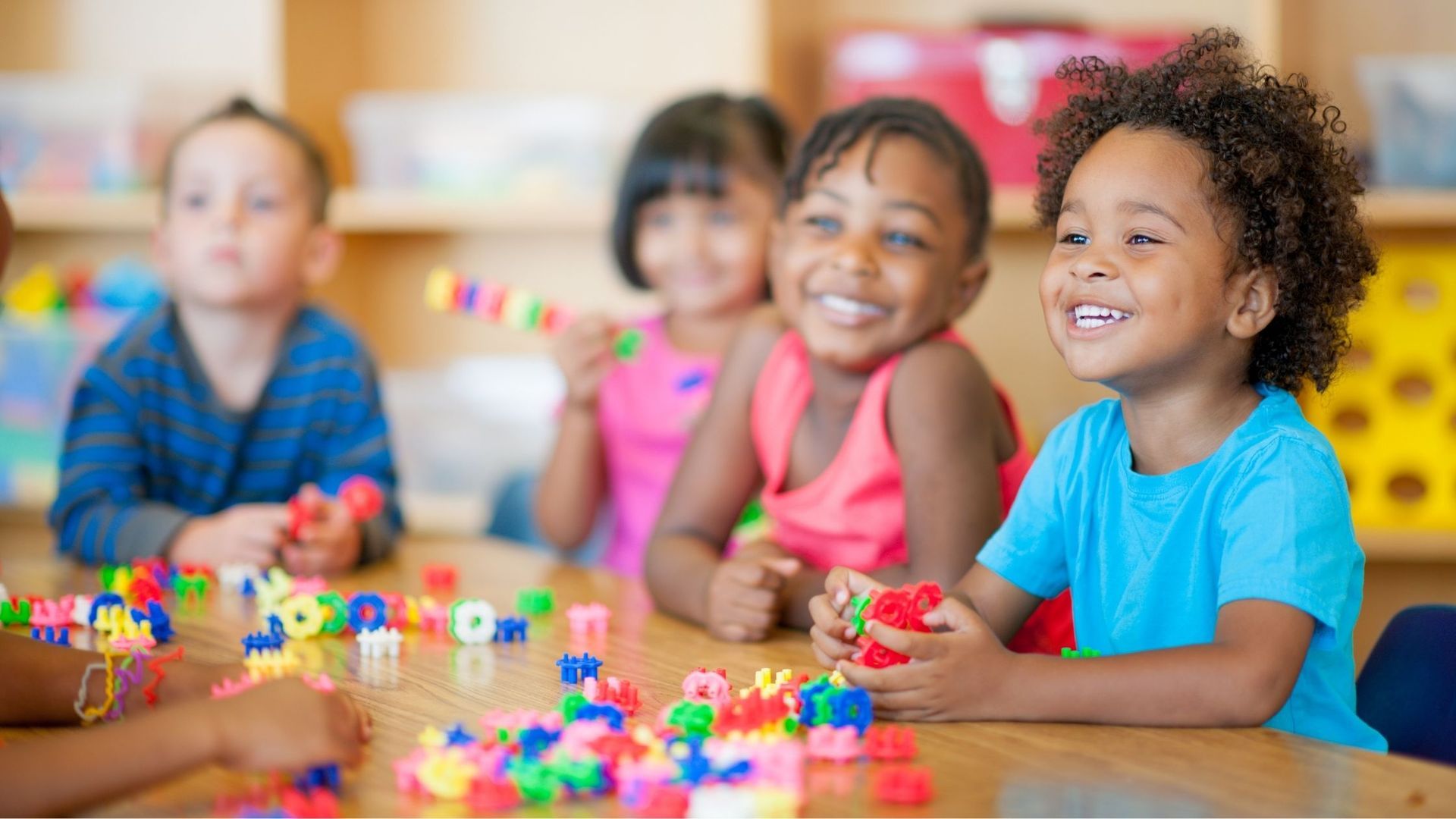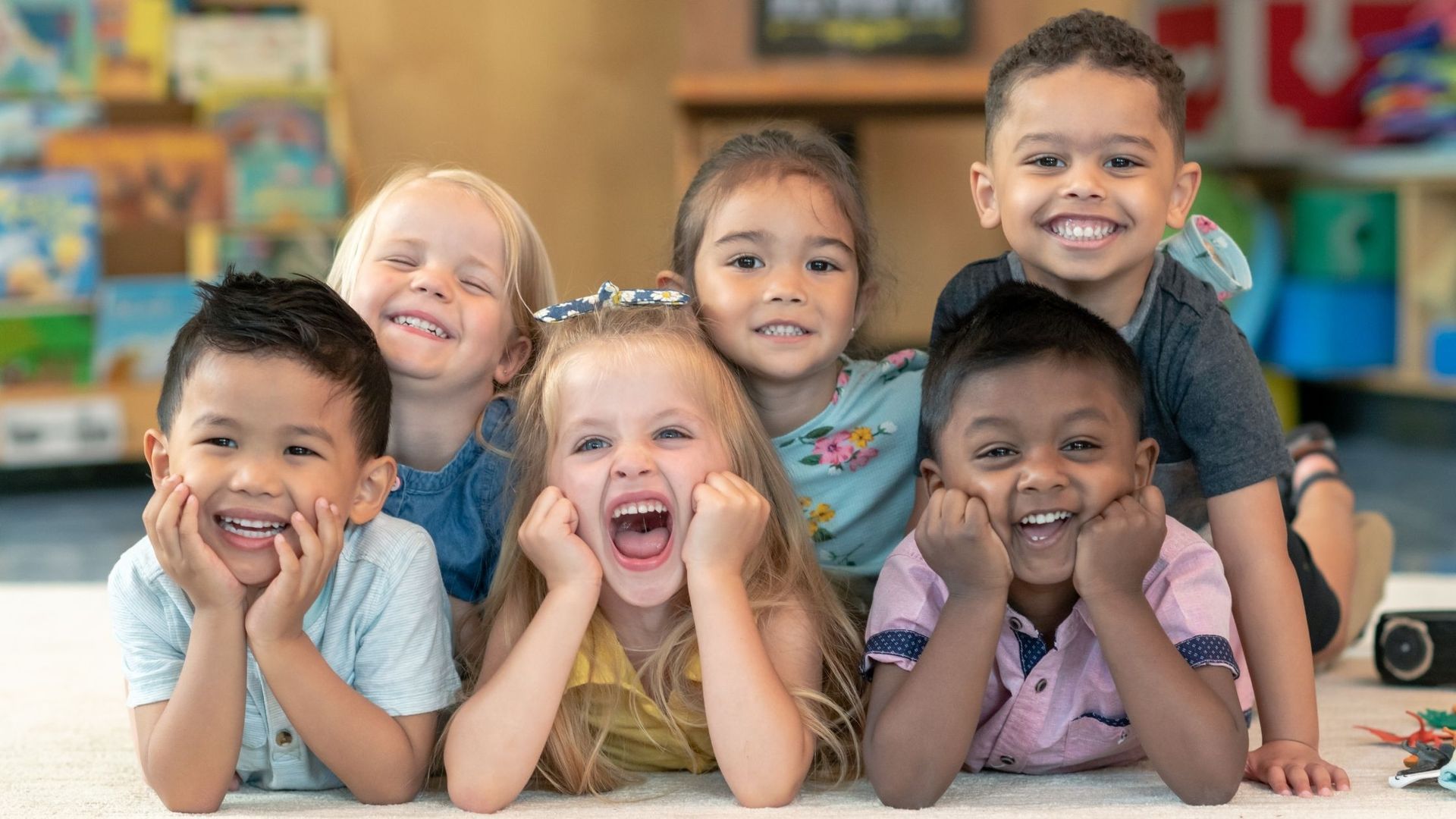Easy At-Home Activities That Support Preschool Learning
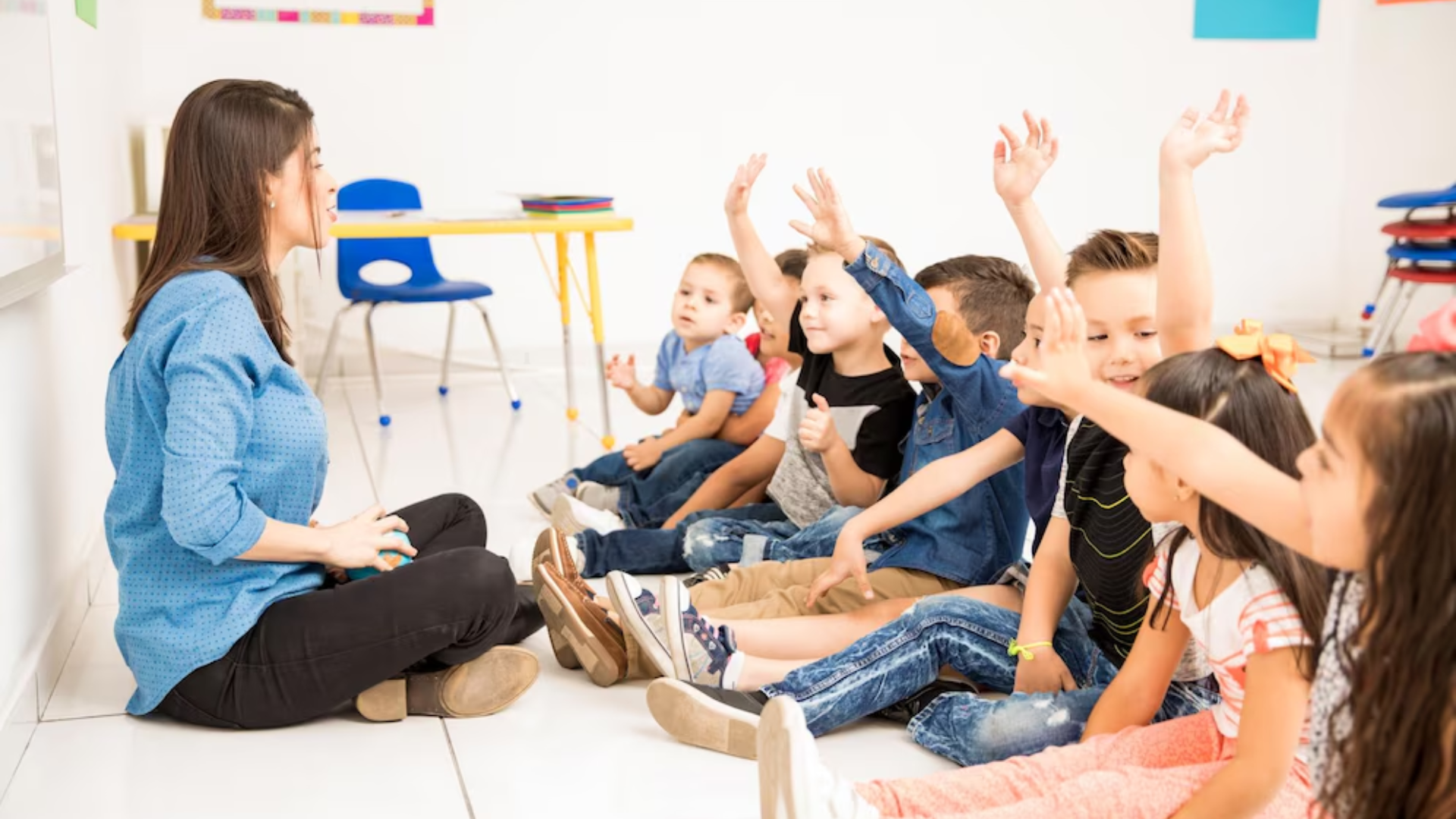
Fun and Engaging Ways to Foster Growth at Home
Preschool is a time of incredible growth for young children. At this stage, toddlers and preschoolers are developing key skills that will lay the foundation for their future academic success. As parents and caregivers, there are many ways you can support your child’s learning at home with simple, fun activities that promote development in various areas such as language, math, motor skills, and social-emotional growth.
At Oakridge Children’s Academy, we believe that learning doesn’t have to be confined to the classroom. By incorporating educational activities into your everyday routines, you can help your child develop important skills while also having fun together. In this blog post, we’ll explore easy, at-home activities that you can do with your preschooler to foster a love for learning.
1. Sensory Play for Hands-On Learning
Sensory play is an essential part of early childhood development. It helps children engage with the world around them and promotes cognitive, motor, and language development. Simple sensory play activities can be easily set up at home using everyday materials.
Play with Playdough: Encourage creativity and fine motor skills by letting your child roll, squeeze, and mold playdough. You can introduce different tools such as cookie cutters, rolling pins, or straws to add more variety to the activity.
Sensory Bins: Create a sensory bin by filling a container with materials such as rice, pasta, water beads, or sand. Add small toys, spoons, and cups for your child to scoop, pour, and explore textures. This activity promotes fine motor skills and imaginative play.
Water Play: Fill a basin or sink with water and provide cups, sponges, and measuring spoons for your child to explore. Water play helps children develop hand-eye coordination and understand basic concepts like volume and measurement.
2. Storytelling and Reading Together
Reading aloud to your child is one of the best ways to develop their language skills. At this stage, preschoolers are eager to absorb new words and learn about the world around them. Storytime also fosters a love for books and can be a calming part of the bedtime routine.
Interactive Books: Choose books with interactive elements, such as lift-the-flap books or books with textures that your child can touch and feel. These books engage young children and encourage participation.
Storytelling with Props: After reading a story, use toys or household objects to act out parts of the story. This encourages imagination and comprehension.
Create Your Own Stories: Encourage your child to create their own stories. You can provide prompts like “Once upon a time, there was a…” or “What happened after the dragon met the princess?” This activity builds creativity and language skills.
3. Simple Math Activities
Preschool is a great time to introduce early math concepts in a hands-on, engaging way. Simple activities that involve counting, sorting, and measuring will help your child build a solid foundation for more advanced math skills in the future.
Counting Games: Use everyday objects like buttons, coins, or small toys to practice counting. Ask your child to count the objects with you, and then add or subtract a few items to practice basic math concepts.
Sorting and Matching: Gather objects of different colors, sizes, or shapes and have your child sort them into categories. This activity builds cognitive skills and helps preschoolers understand patterns and classification.
Shape Hunt: Go on a “shape hunt” around the house or yard. Ask your child to find objects shaped like circles, squares, or triangles. This helps with shape recognition and spatial awareness.
4. Arts and Crafts for Creative Expression
Art activities are a wonderful way to let preschoolers express themselves while developing fine motor skills. Crafts don’t have to be complicated to be enjoyable and educational.
Painting and Drawing: Provide a variety of materials, such as crayons, markers, and watercolor paints, for your child to experiment with. Encourage them to draw pictures or create abstract art. This helps improve hand-eye coordination and allows for creative expression.
Collage Making: Cut out pictures from magazines, colorful paper, or fabric, and have your child glue them onto a piece of paper to create a collage. This activity helps with scissor skills, as well as creativity and focus.
Play with Stamps or Stickers: Provide stamps or stickers and ask your child to decorate paper or make patterns. This helps with hand dexterity and can teach basic concepts such as symmetry and patterns.
5. Music and Movement for Physical Development
Music and movement activities are not only fun but also promote physical development and coordination. These activities also give children an outlet for self-expression and help them develop social-emotional skills.
Sing Songs Together: Sing simple songs like “Twinkle, Twinkle, Little Star” or “The Wheels on the Bus.” Encourage your child to join in by clapping their hands or stomping their feet along with the music. This promotes listening skills and rhythm.
Dance Parties: Play some upbeat music and have a dance party in the living room! Dancing helps with gross motor development and encourages children to express themselves through movement.
Instrument Exploration: If you have child-friendly musical instruments, such as a tambourine, xylophone, or small drum, let your child experiment with creating different sounds. This helps develop a sense of rhythm and auditory awareness.
6. Science Exploration at Home
Introducing simple science concepts at home can spark a child’s curiosity and encourage a love of learning about the natural world. These activities provide hands-on learning that helps develop critical thinking and problem-solving skills.
Nature Walks: Go for a walk outside and talk about the plants, animals, and objects you see. Ask your child questions like, “What do you think this flower needs to grow?” or “Why do you think the sky is blue?” This encourages observation and critical thinking.
Simple Experiments: Conduct simple science experiments, such as mixing vinegar and baking soda to create a fizzing reaction or watching how water evaporates when left out in the sun. These activities promote curiosity and the scientific method.
Explore Shadows: On a sunny day, use your child’s hands or toys to create shadows on the ground. Ask questions like, “What happens to the shadow when we move the object?” This introduces basic concepts of light and movement.
7. Practice Social-Emotional Skills
In addition to academic learning, preschool is a critical time for developing social-emotional skills. At-home activities can support these skills by fostering cooperation, empathy, and emotional regulation.
Role-Playing Games: Encourage your child to act out different scenarios, such as taking turns or sharing with friends. This helps them practice empathy and understand social rules.
Feelings Chart: Create a feelings chart with pictures of different emotions (happy, sad, angry, etc.). Ask your child to point to how they are feeling throughout the day, helping them recognize and name their emotions.
Pretend Play: Let your child engage in pretend play, whether it’s playing “house,” pretending to be a teacher, or using dolls and action figures. Pretend play helps children understand social roles and practice problem-solving.
Finding the right balance with screen time for toddlers is essential for healthy development, especially when aiming to support good sleep habits through routines like those shared in Creating a Calm Bedtime Routine That Works—together, these insights help parents set boundaries that nurture both rest and growth.
Conclusion: Supporting Preschool Learning at Home
Preschoolers are constantly learning and growing, and there are countless opportunities to support their development right at home. The activities outlined in this post are simple, enjoyable, and educational, providing your child with the chance to learn through play and hands-on experiences. By incorporating these activities into your daily routine, you’ll help your child build the skills they need to succeed in preschool and beyond.
At Oakridge Children’s Academy, we believe that learning is a lifelong journey, and it starts with creating positive, engaging experiences at home. By fostering a love for learning through fun activities, you’re laying the foundation for your child’s future academic success and overall well-being.
